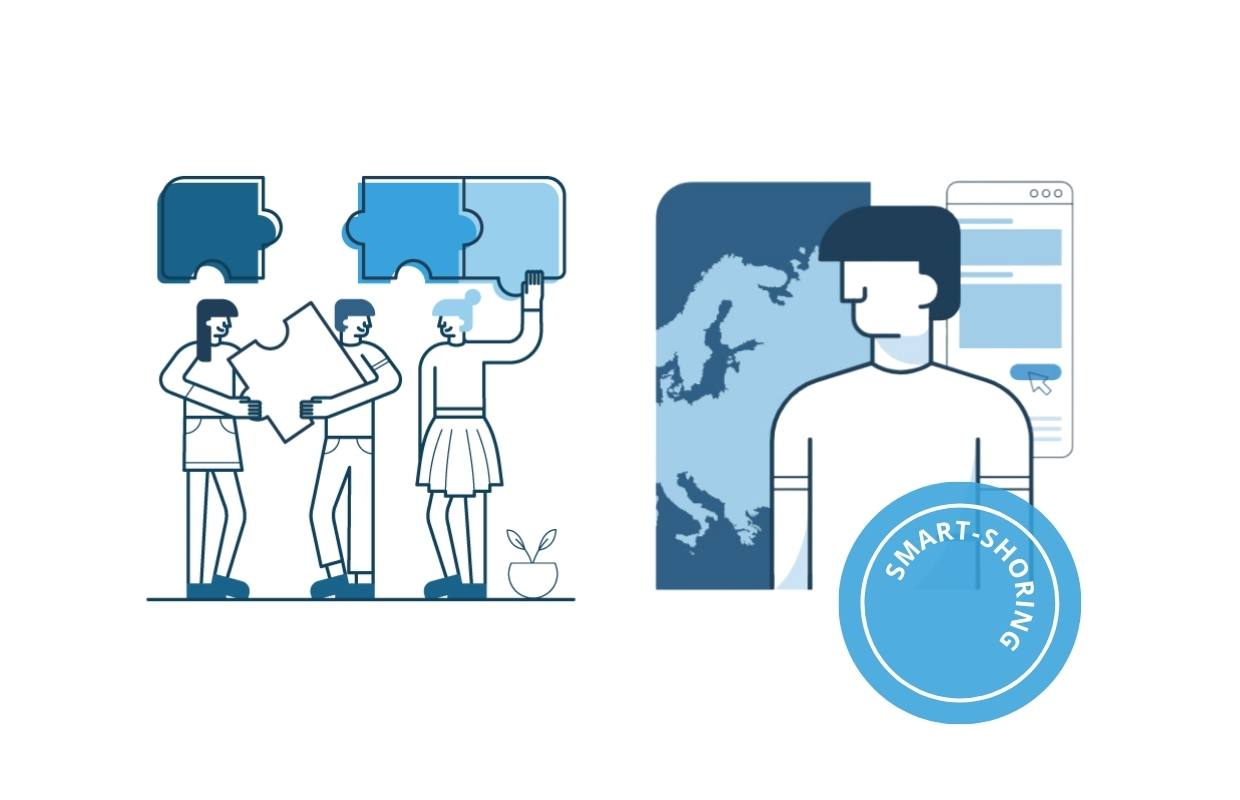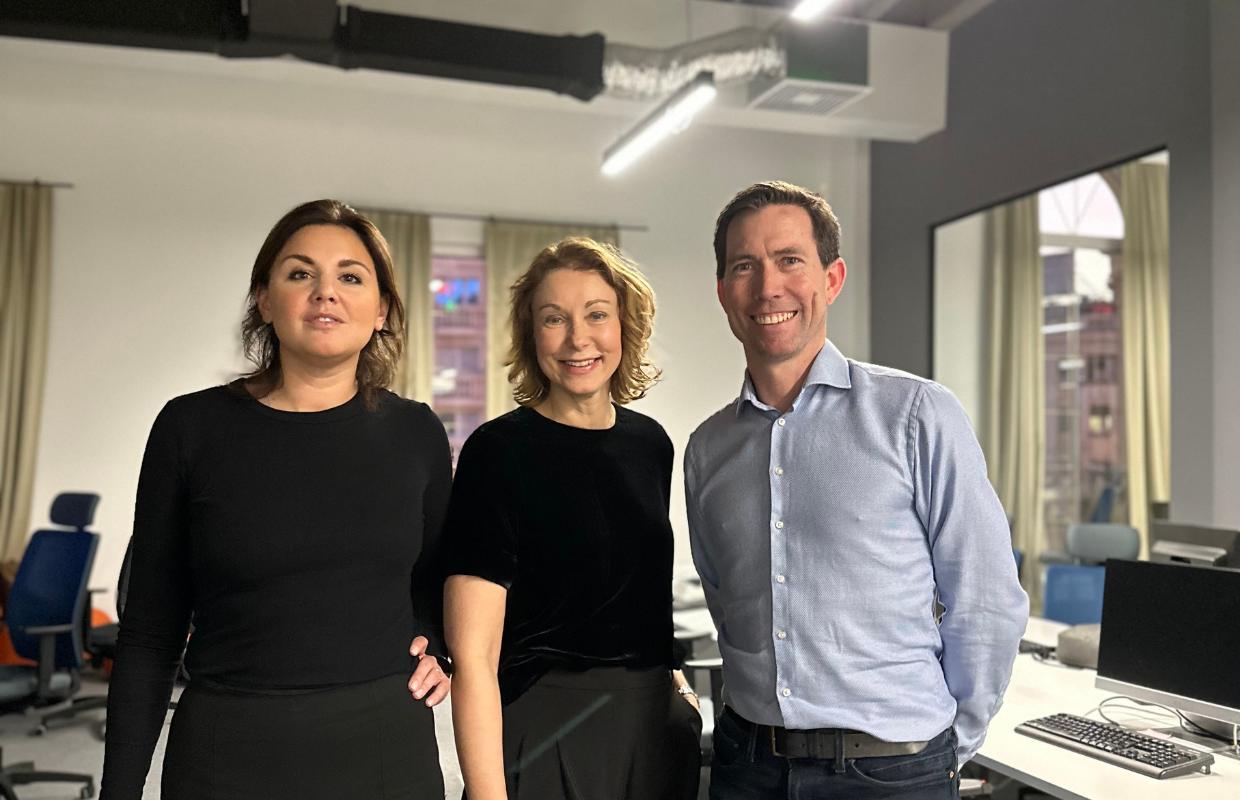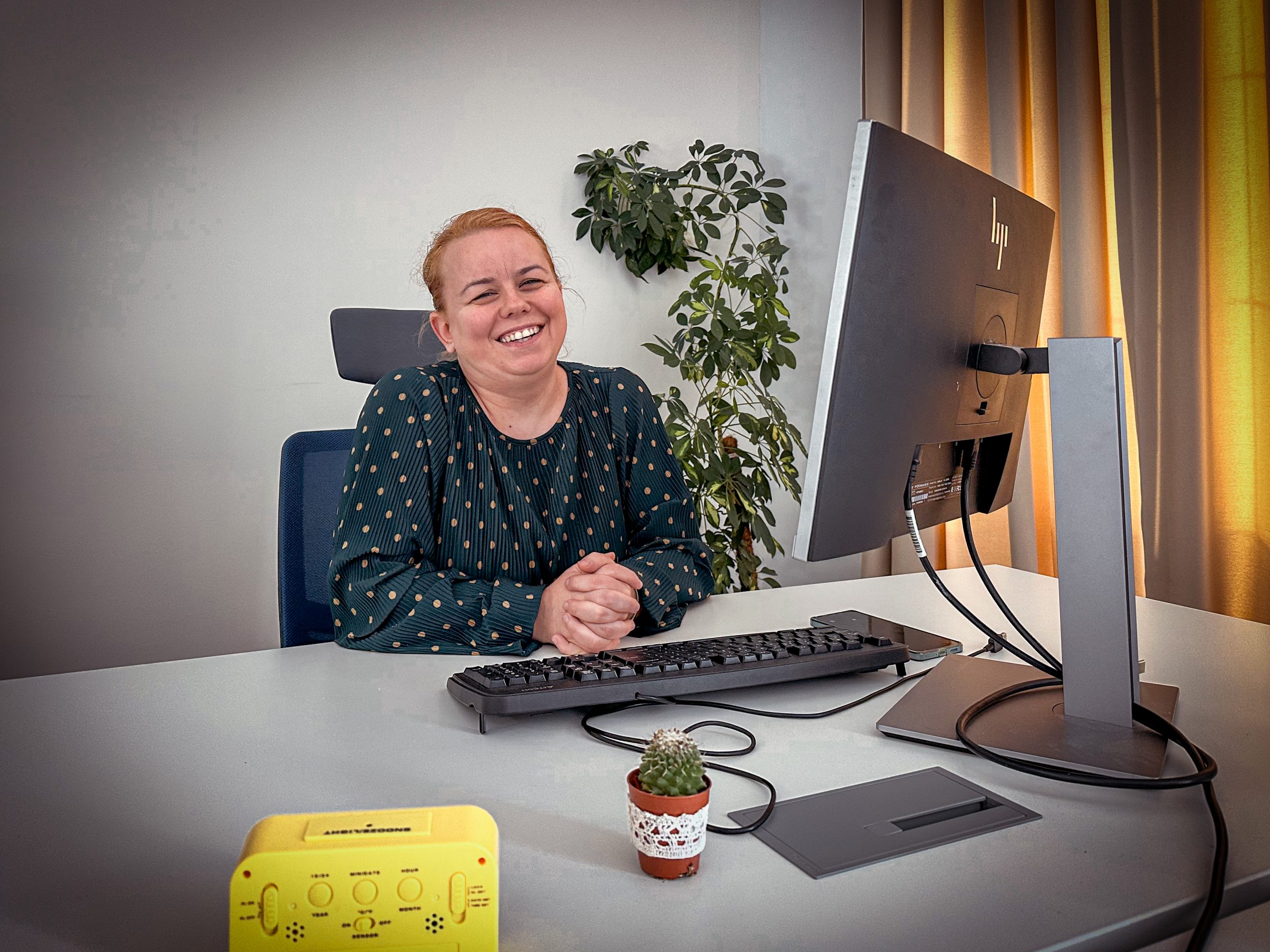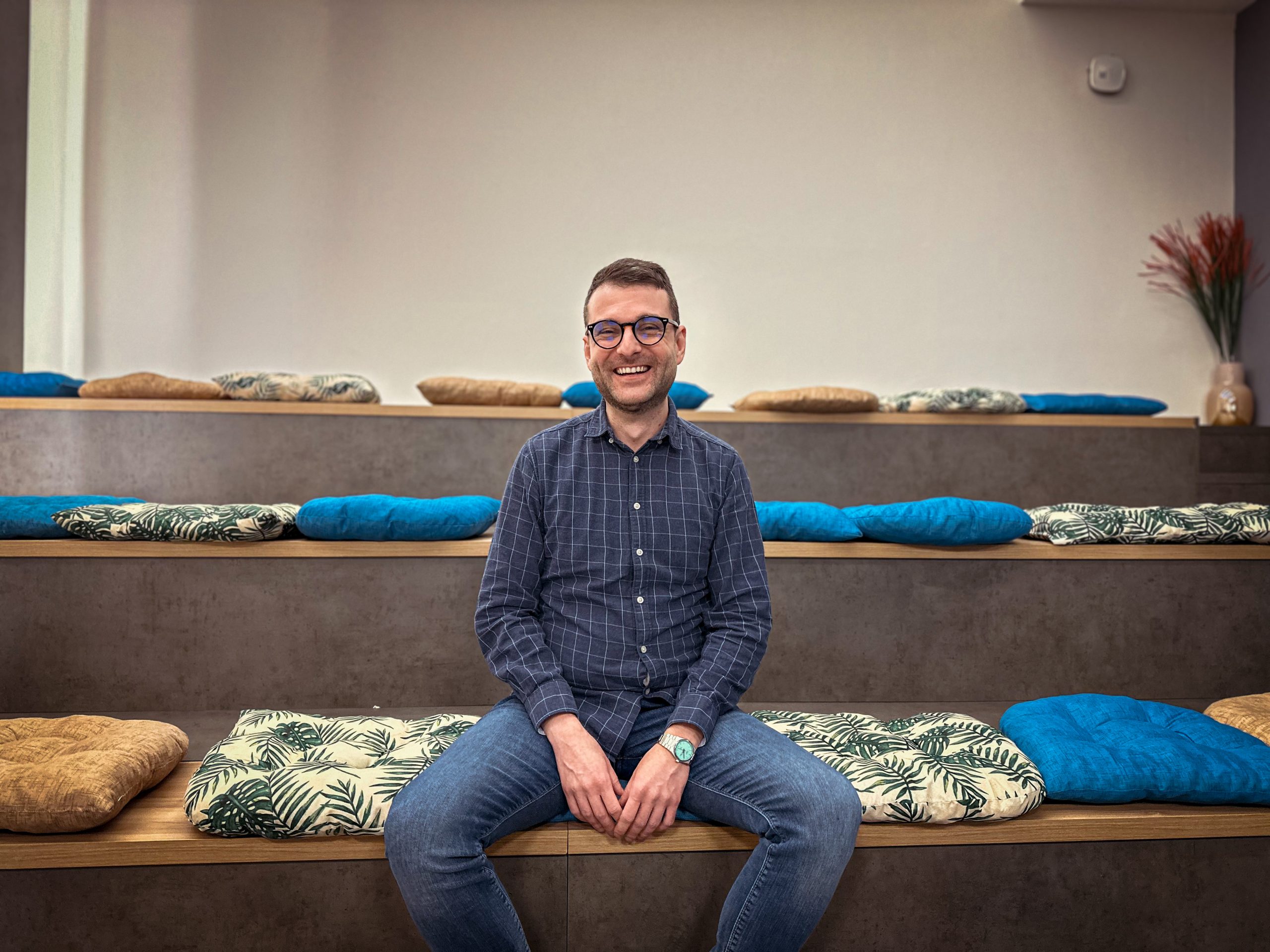Meet Ivar!
Ivar, the first consultant at Polar Cape, father of two, Uppsala resident and cycling enthusiast. He grew up on a farm in a small village in Västerbotten, where curiosity and interest in technology were founded. When his parents bought an early PC for the farm’s accounting, interest in computers was also founded. After graduating from Umeå University, he met his love that took him to Uppsala. When he is not cycling through Sweden, he works as a Requirement and Test Leader at a public company within MedTech. Take part in his journey and what it means to work in a public sector and the challenges they face.
– “It is inspiring to come to a new customer and already from day one knowing that you are there to make a difference!”
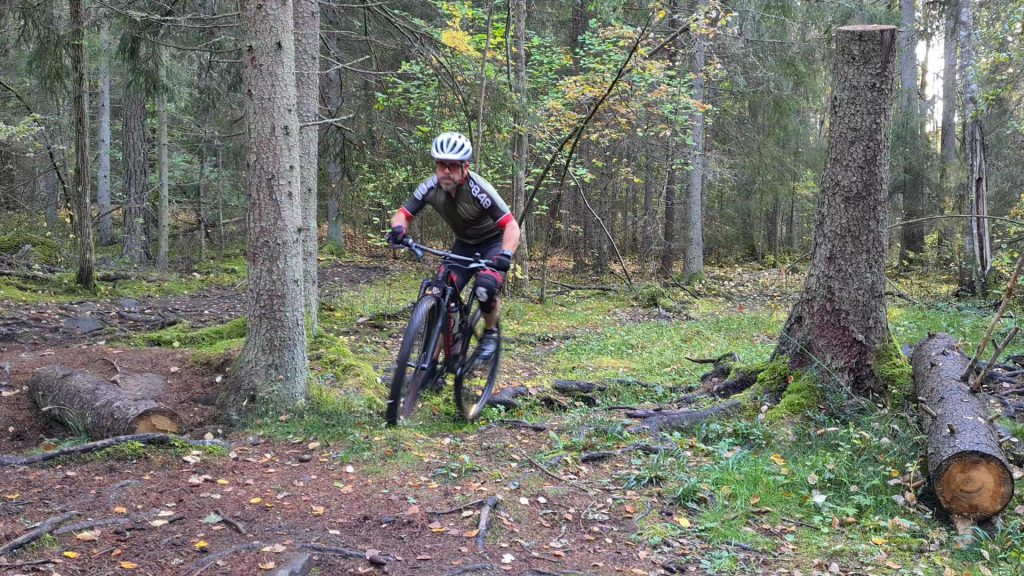
Tell us about your journey through Polar Cape?
I was the first consultant hired at Polar Cape. My first assignment was at a Telecom company as a requirement analyst, it was a short project. Then I got an assignment in Retail. I got a role in testing and thought it was a boring and ungrateful job, as testers are always the ones who come with bad news. But here we go, I said!
I worked for the same customer in different projects for six years, it was much more rewarding than I thought. I had to take greater responsibility in quality management and got closer to both the project management and the end users. It was intense but amazing! The international projects allowed me to meet many different people from different countries and different cultures. An experience that I value is early dialogue and being unpretentious in all relationships, daring to work in different ways and set structures.
After 6 years, it was time to look at a new assignment and maybe in another industry. There were some thoughts about internal projects, but then I got a new assignment at the Medical Products Agency in Uppsala, which suited me perfectly.
Tell us more about your current project, what are you doing?
I am with one of our customers in the public sector, an authority where I work as a Requirements and Test Leader. The project I am part of is to change IT support, for handling and analysis of side effect reporting. The IT support will streamline the work for the agency’s pharmacovigilance (management of drug side effects), which is fundamental for its responsibility over drug safety.
Initially, we were a small project group that worked intensively with the collection of operational requirements and contract formulations for the public procurement that was to be done. It was an interesting period when I not only learned a lot about LOU and procurement processes but also about government work, regulatory activities and pharmacovigilance.
Now, almost two years later, we have a winning supplier in place and are in the middle of an intensive development work to be able to deliver a complete IT support. I work less with the requirements and have instead acted as quality manager to both ensure user acceptance of the IT support and ensure that the supplier meets what has been agreed in the procurement.
Everyone talks about working Agile, can you tell us what Agile work looks like in a public company, what do you struggle with?
The IT department has several development teams that work according to agile processes. The challenge comes when you scale up from team to business. We use a management model (PM3) which currently does not meet the agile process as well as we could have wished. We have to deal with budget, planning and goals, which complicates the mobile agile approach. Now a lot of work is going on from the creators of PM3 to develop the model to work better with other agile methods so the situation will improve.
Another major challenge in the public sector is procurement, which does not allow for an agile way of working, as you have to talk in advance about what you want and when you want it. The suppliers return with tenders and when evaluating them, the price is usually the decisive factor. In my current project, we have tried to solve it with a model that allows us to replace certain original requirements with new ones so that it fits within the procured task and tender. Together with an agile development process with frequent iterative releases, we have nevertheless succeeded well, I would say.
What can organizational change look like in the public sector, is it difficult? How do you get everyone on the new way of working?
based on my experience, it’s about working towards the line managers, they are the way into the organization. You can get many end users with you, but the managers are extremely important to get in order for a change to take place. It is often a deep-rooted hierarchical managerial culture in public activities, especially in older authorities. A good way to get the line managers involved is to involve them in the development process, make sure that they are involved from the beginning and with training give them an understanding of IT projects. As business managers and experts in their domain, they are key people. It is important not to get too caught up in IT jargon without trying to find a common terminology that everyone understands.
Right now, the world is facing a pandemic, which has caused difficulties for everyone. What is it like to work from home and has it prevented you from working according to the previous plan?
It’s different, some groups work well with it, but for others it’s more challenging. Workshops and meetings on teams or other channels are a challenge, body language which is such a large part of human communication disappears almost completely. It is difficult to read reactions, encourage commitment and keep active dialogues. Work meetings often work well, the most difficult are creative meetings. It is important to adapt your meeting strategy to the circumstances and have a detailed plan before each meeting.
By the way – cycling through Sweden?
Yes, maybe not the whole of Sweden, but this summer I took on a personal challenge to cycle from Uppsala to Skellefteå! It was 834 km in three days. I had planned a route along slightly smaller roads, ate along the way and spent the night in a cabin to have minimal packing. It was an awesome adventure through the beautiful Swedish landscape at the same time as it was of course very tough physically. I am very grateful to be able to do something like that and have that experience with me!









